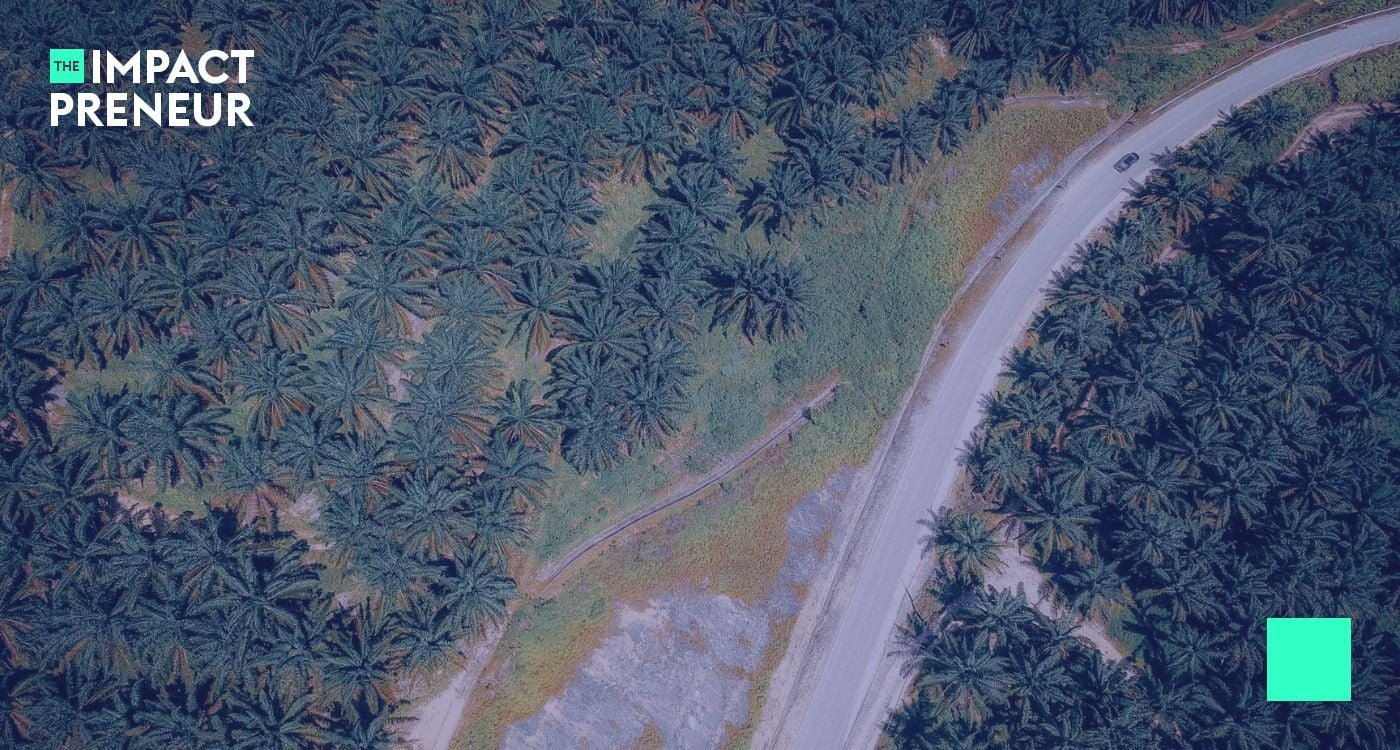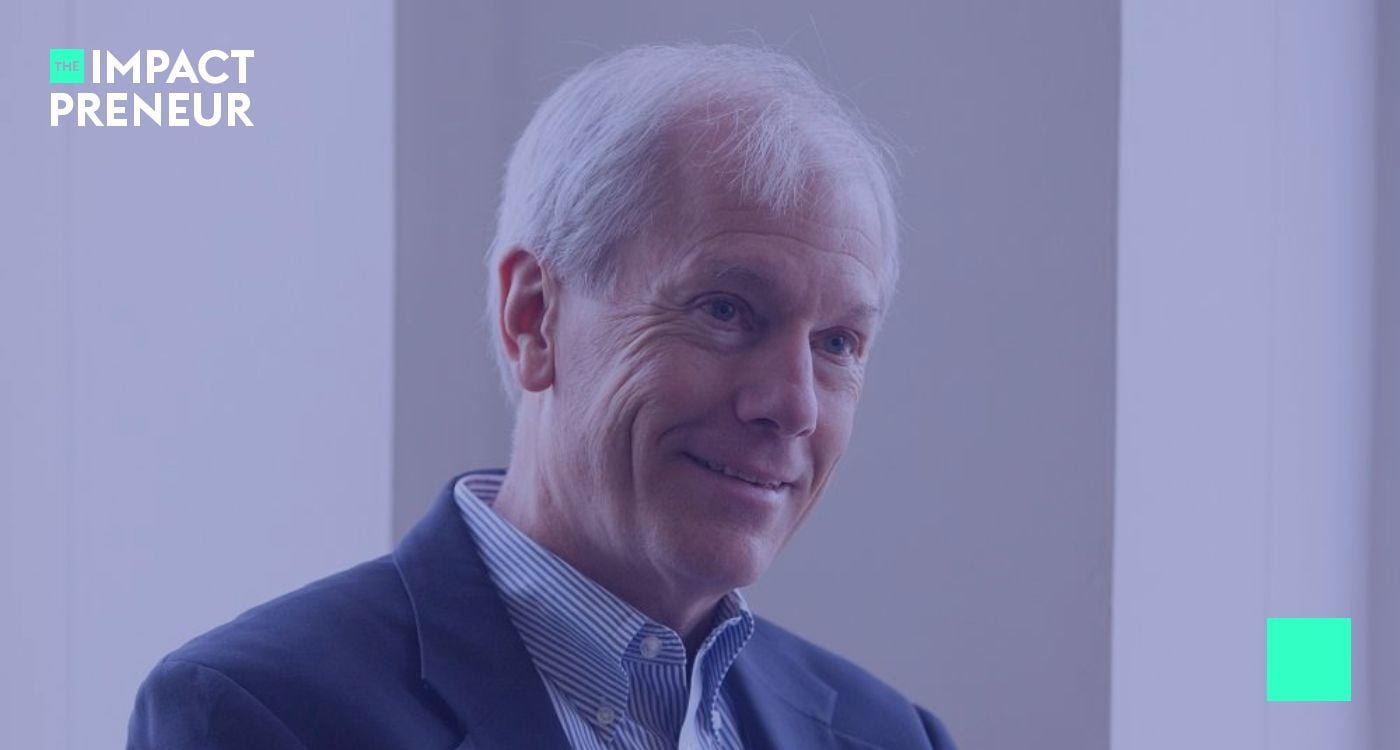Photo by: Pok Rie
Palm oil: it's everywhere, from your breakfast cereal to your favorite lipstick. But what's the real cost of this ubiquitous ingredient? As consumers, we're at a crossroads—continue down the path of ignorance or choose a more sustainable future. Let's peel back the layers of this complex issue.
Quick Bites:
- Palm oil is in half of the products we use daily but comes with a hefty environmental cost.
- Its production is a leading cause of deforestation, threatening wildlife and increasing carbon emissions.
- Not all palm oil is bad—sustainable sourcing is key.
- You have the power to influence change through informed choices.
The Ubiquity of Palm Oil: A Closer Look
Picture this: a world where your morning toast, your soap, and even your detergent share a common ingredient. Welcome to the reality of palm oil. It's a crop that wears many hats—sometimes it's the star of the show in your chocolate spread, other times it's hiding behind the scenes in your makeup. But its omnipresence isn't the issue; it's the environmental baggage it carries.
The tale of palm oil is one of paradoxes. On one hand, it's a marvel of efficiency, yielding more oil per hectare than any other crop. This efficiency makes it incredibly cost-effective, a boon for producers and consumers alike. But here's the rub: this efficiency comes at a steep price, paid by the forests, wildlife, and communities in the regions where it's produced.
In Indonesia and Malaysia, forests are being cleared at an alarming rate to make way for palm oil plantations. These aren't just any forests; they're some of the most biodiverse ecosystems on the planet, home to species found nowhere else. As these green giants fall, so do the chances of survival for countless species, including the charismatic orangutan. It's a stark reminder of the cost of convenience.
But it's not just about the trees. The production of palm oil has ripple effects, impacting everything from local water quality to global carbon cycles. The destruction of peatlands, a type of wetland critical for carbon storage, releases millions of tons of CO2 into the atmosphere. The irony? A product found in "green" biofuels is anything but.
The Environmental Cost: A Bitter Harvest
The environmental toll of palm oil production is a narrative of loss. Vast tracts of rainforest, once teeming with life, are now endless rows of palm trees. This transformation has dire consequences for the planet's health. The loss of biodiversity is more than just an ecological issue; it's a crisis that affects us all, undermining nature's ability to regulate the climate and support life.
But let's zoom in on the real victims of this story: the wildlife. Orangutans, elephants, and tigers are losing their homes and their lives. These iconic species are the canaries in the coal mine, signaling the unsustainable nature of our consumption. The tragedy is that this is a preventable loss, one that's driven by our appetite for cheap products.
The human cost is equally grievous. Communities living near palm oil plantations face a multitude of challenges, from land disputes to exposure to harmful chemicals. The industry's expansion has often been at the expense of indigenous peoples' rights, leading to conflicts and displacements. It's a stark reminder that the consequences of our consumption are borne by the world's most vulnerable.
Amid this gloom, there's a glimmer of hope. Awareness is growing, and with it, the demand for sustainably sourced palm oil. This shift is crucial. By choosing products certified by organizations like the Roundtable on Sustainable Palm Oil (RSPO), we can help steer the industry towards more responsible practices. It's a small step, but one that has the power to drive real change.
Navigating the Palm Oil Dilemma: What Can We Do?
Feeling overwhelmed? You're not alone. The issues surrounding palm oil are complex, but not insurmountable. The key is informed action. By understanding the impact of our choices and demanding better from producers, we can make a difference.
First, let's talk about transparency. Not all palm oil is created equal. Some companies go to great lengths to ensure their palm oil is sustainably sourced, preserving forests and supporting communities. These efforts deserve our support. Look for products bearing the RSPO label or similar certifications; it's a simple way to vote for sustainability with your wallet.
But what about the products that don't tout their sustainable credentials? That's where consumer advocacy comes in. Reach out to companies and ask about their palm oil policies. In today's connected world, your voice matters more than you might think. Companies are responsive to consumer pressure, and many have made commitments to sustainability because of it.
Education is another powerful tool. The more we know about the impacts of palm oil, the better equipped we are to make conscious choices. Share what you learn with friends and family. The ripple effect of awareness can lead to collective action, amplifying the impact of individual choices.
Finally, consider supporting organizations that are working on the ground to protect rainforests and advocate for human rights. Your donation, no matter how small, can support the fight against deforestation and help promote sustainable livelihoods in palm oil-producing regions.
Actionable Steps for Change:
- Educate Yourself and Others: Stay informed about palm oil and its impacts.
- Check Labels: Opt for products that use sustainably sourced palm oil.
- Engage with Brands: Voice your concerns and ask companies to commit to sustainability.
- Support Conservation Efforts: Donate to organizations fighting deforestation.
- Spread the Word: Share your knowledge and inspire others to make informed choices.
In conclusion, the story of palm oil is a testament to the interconnectedness of our world. Our daily choices ripple across the globe, affecting ecosystems, wildlife, and communities far from our immediate view. By choosing sustainability, we can help rewrite the narrative of palm oil, transforming it from a tale of loss to one of hope and renewal. Let's be the change we wish to see, one product at a time.
Questions on the Topic
Q: What's the big deal with palm oil and why is it everywhere?
A: Palm oil is like the Clark Kent of the culinary world – unassuming yet incredibly powerful. This oil is not just any oil; it's a chameleon. Found in everything from your chocolate bar to your shampoo, it's cost-effective and versatile. But here's the kicker: it's also a major environmental headache. Imagine this: nearly half of the items in your average supermarket contain palm oil. Yep, it's that pervasive.
Q: Is palm oil really that bad for the environment, or is it getting a bad rap?
A: Yes, palm oil production is linked to significant environmental issues, including deforestation, habitat destruction, and carbon emissions. Consider this: vast stretches of rainforest are cleared and burned, releasing copious amounts of carbon and endangering wildlife. Imagine losing the home you love – that's the reality for countless animals because of palm oil cultivation. Yet, it's not all doom and gloom. The conversation is nuanced, and there's a growing push for sustainable practices.
Q: Can't we just stop using palm oil altogether?
A: If only it were that simple. Palm oil is incredibly efficient to produce and there's a massive global demand. Telling everyone to just stop using it isn't realistic—it's deeply ingrained in economies and livelihoods, especially in producing countries. However, change is brewing. More consumers are voting with their wallets, opting for products that use sustainable palm oil. It's a step, but we've got miles to go.
Q: Is there a silver lining in the palm oil narrative?
A: Amidst the critiques, there's innovation and progress. Some producers are embracing sustainable practices, and transparency in the supply chain is improving. Imagine a world where palm oil production doesn't mean environmental destruction. By supporting the right initiatives, you're part of a positive change. Plus, as we demand better, industries listen. It's a slow dance toward improvement, but every step counts.




